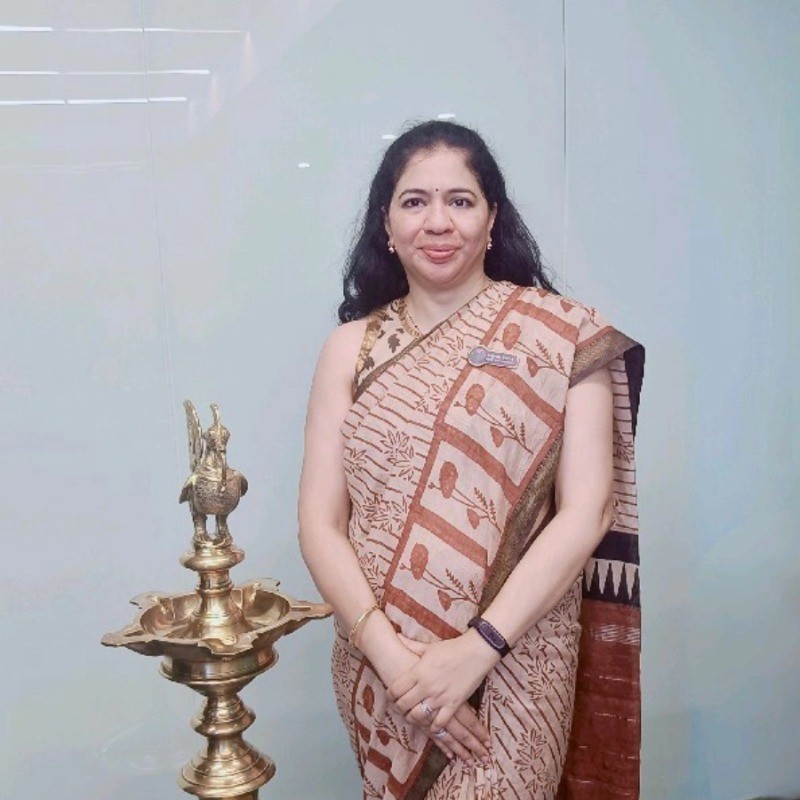ADD THESE DATES TO YOUR E-DIARY OR GOOGLE CALENDAR
This site is part of the Siconnects Division of Sciinov Group
This site is operated by a business or businesses owned by Sciinov Group and all copyright resides with them.
ADD THESE DATES TO YOUR E-DIARY OR GOOGLE CALENDAR

Vayah Vikas, india
Title:Aging Population and Workforce Diversity Women’s in India: Addressing Unpaid Elder Care and Workforce Participation through Corporate, Social, and Policy Collaboration
India’s growing elderly population introduces a significant socio-economic challenge, particularly in the domain of unpaid eldercare, which is predominantly managed by women. This demographic and gendered caregiving burden has a measurable impact on workforce diversity, especially mid-career women’s participation and progression in formal employment. This research-based initiative aims to systematically examine the interplay between India’s aging demographics, caregiving responsibilities, and workplace inclusion. Drawing from diverse literature, lived experiences, and organizational policies, the study explores the extent of eldercare-related work disruptions and identifies policy gaps across sectors. The goal is to establish a robust framework of collaboration between corporate HR leaders, policymakers, and caregiving ecosystem stakeholders to create inclusive, flexible, and sustainable workforce practices. Key areas of inquiry include current corporate eldercare policies (if any), DEI integration, and the need for responsive employment models in the context of an aging society. The research findings will inform targeted interventions across corporate, social, and policy domains to ensure that caregiving does not remain an invisible barrier to women’s economic empowerment in India’s evolving workforce landscape.
Pavithra Reddy is a trained gerontologist with over a decade of experience working on aging and longevity issues in India. She currently serves as the Chief Operating Officer of Vayah Vikas, an organization focused on elder empowerment and care. Pavithra is a passionate advocate for inclusive aging policies and has led several initiatives addressing unpaid eldercare, workforce diversity, and the intersection of gender and caregiving. She is currently engaged in interdisciplinary research on the socio-economic impact of eldercare on working women.